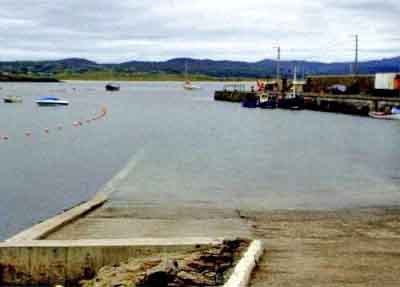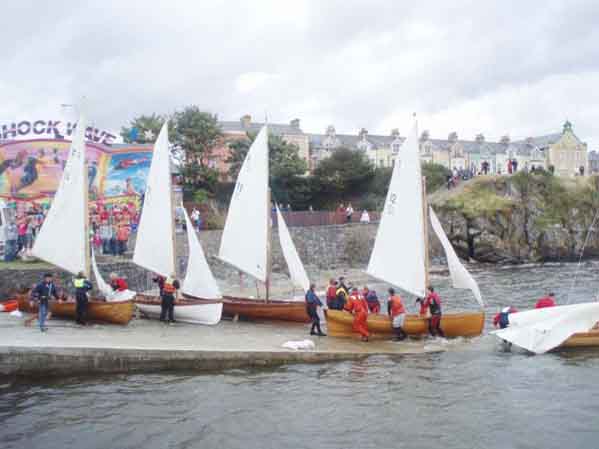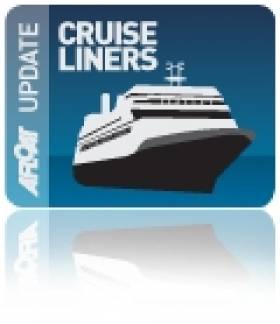Displaying items by tag: Co. Donegal
Small Luxury Cruiseship Visits Killybegs
In 2004 Killybegs received a significant boost in the completion of a €50m outer harbour with berthing quays totalling 350-metres long so to accommodate the north-west fleet and to include the 'supertrawlers'.
Despite the major port infrastructural investment, Killybegs has seen declining fortunes in the fish industry though in recent year's new business from the offshore exploration and cruise ship industries has assisted in generating new revenue.
Rosgoill Boat Club

Rosgoill Boat Club
The Rosgoill Peninsula, which includes the areas of Downings and Carrigart, contains breath-taking scenery where Mulroy Bay meets Sheephaven Bay with its abundance of golden sandy beaches surrounding the area, rugged coastline and four championship golf courses.
It includes the famous Rosapenna Golf Links and the soon to be developed Jack Nicklaus Golf Course.
Rosgoill Boat Club, c/o Cormac Walsh, Carrigart, Co Donegal. Tel: 087 981 56630, mail: [email protected]
Have we got your club details? Click here to get involved
Moville Boat Club

Picture from Moville and Greencastle Punt Regattas 2009
Moville Boat Club
Based in Moville, Inishowen, Co Donegal, Moville Boat Club members count themselves as some of the luckiest sailors in the World. We sail on one of the most beautiful loughs in Ireland. Each Sunday we gather to race in a friendly and relaxed atmosphere. Not to say we are not competitive, but mostly in a friendly way. The ethos of the club is to encourage sailing and boating on Lough Foyle at a price which anyone can afford. There is plenty of room for new members. Visiting boats are most welcome and there are a number of visitor moorings available.
(Details and image courtesy of Moveille Boat Club)
Moville Boat Club c/o Seamus Bovaird, Johns Brae, Shore Green, Greencastle, Co Donegal. Email: [email protected] or [email protected]
Have we got your club details? Click here to get involved
























































